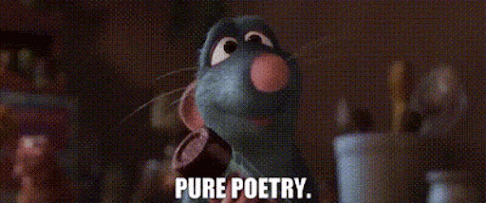Creating my own myth was definitely a unique experience that I hadn’t done before. It was an assignment I never really gave much thought to. I’m familiar with myths and studying them, but actually writing one was something new. After taking the time to develop my own, I gained a stronger appreciation for the creativity and thought that goes into making a myth. When studying myths, it’s easy to focus on analyzing their themes, symbols, or lessons. However, writing one made me realize how much effort it takes to build a story that explains something larger.
This experience also taught me that while myths are creative, they still follow a clear structure. I had the freedom to come up with my own story, but I needed to include certain elements to make it feel believable. One thing I focused on was using vocabulary and phrasing that sounded more traditional, similar to the language in older myths. This helped make my story feel more authentic and was, in a sense, challenging.
In the future, I can use this experience in my teaching by having students create their own myths. This would help them connect personally with the genre and better understand common mythological themes. It could also make studying myths more engaging and creative. Plus, it would give students a chance to practice their storytelling skills while exploring deeper ideas. Overall, this was a fun and meaningful experience that gave me a new perspective on myths and how they are created.
Here is my myth website if anyone wants to check it out!!
The Legend of Iron Jaw: Why Mike Tyson Bites


